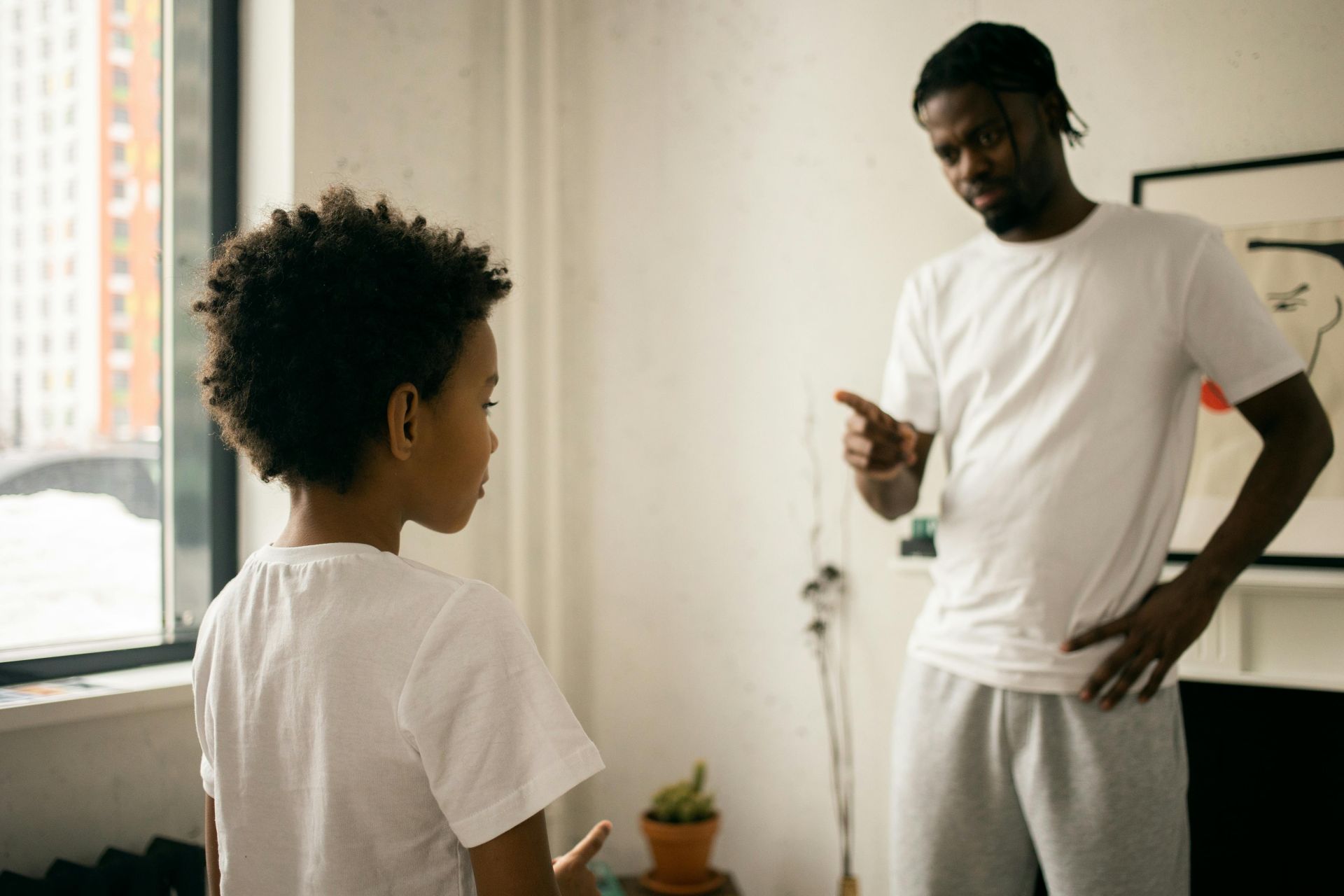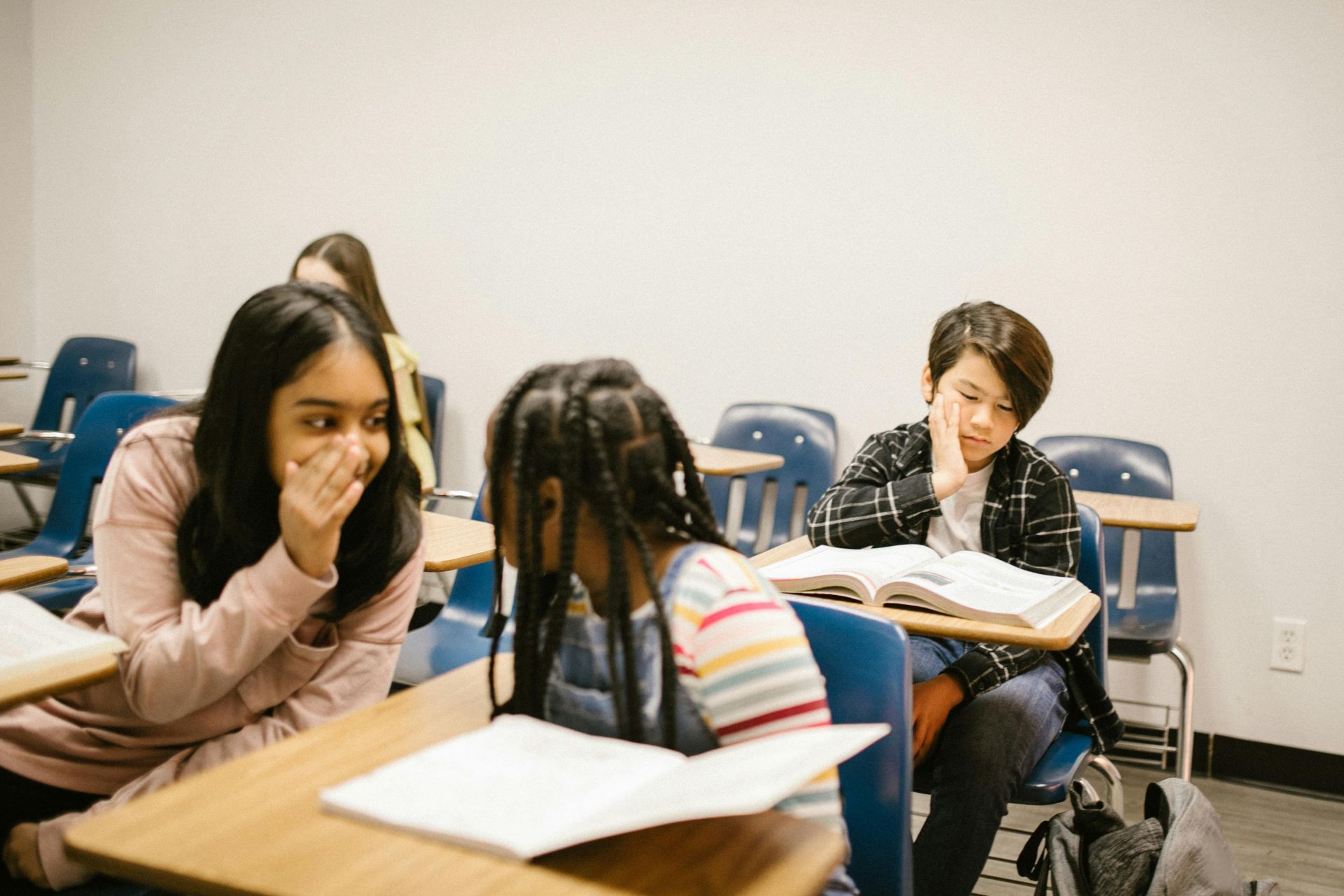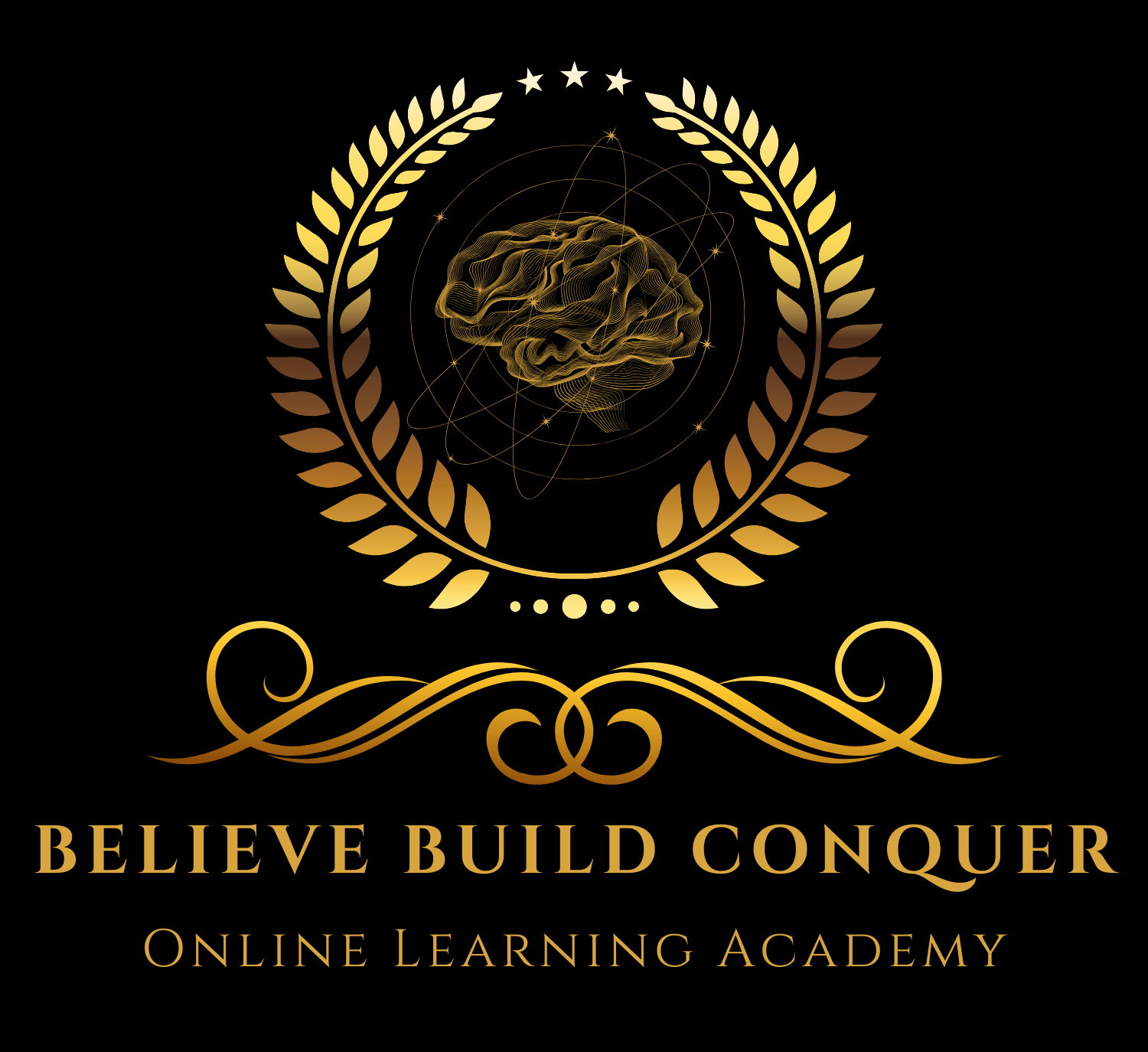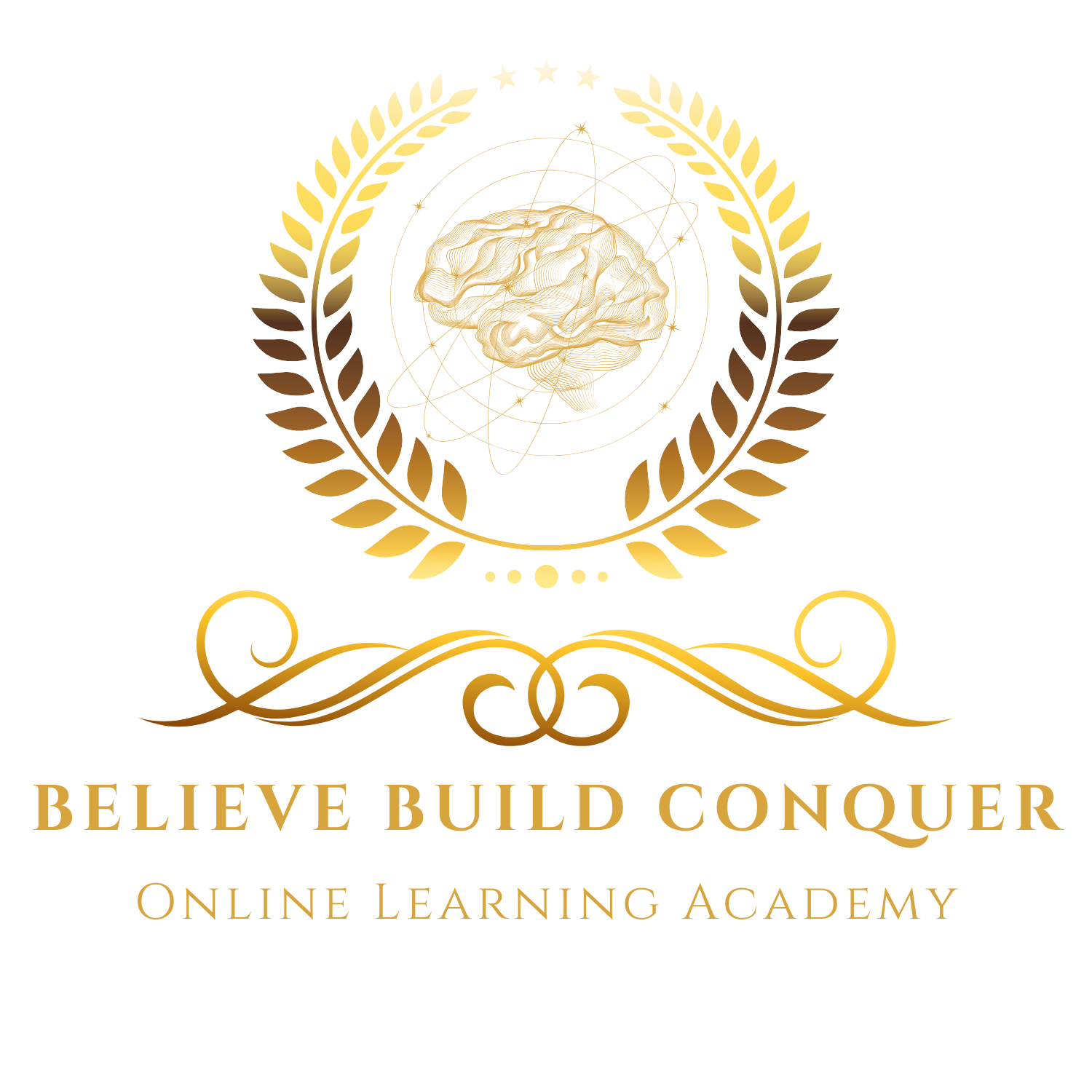The Hidden Curriculum: How American Public Schools Shaped More Than Just Our Test Scores
Jul 30
/
Jeremy Sycks
What was your experience growing up in public school? Was it good? bad? downright ugly?
We often hear varying takes on a persons experience when it comes to public school in the United States.
Let’s be clear from the start though, this is not a critique of the dedicated, passionate, and often overworked teachers who pour their hearts into educating our youth.
This is about the system they are asked to operate within—a system that, while generally rooted in good intentions, has produced some less than favorable consequences for the people it was designed to serve.
We often hear varying takes on a persons experience when it comes to public school in the United States.
Let’s be clear from the start though, this is not a critique of the dedicated, passionate, and often overworked teachers who pour their hearts into educating our youth.
This is about the system they are asked to operate within—a system that, while generally rooted in good intentions, has produced some less than favorable consequences for the people it was designed to serve.
If you grew up in the American public school system, you likely learned early on that there was one right answer. You were expected to raise your hand, wait to be called on, and deliver that answer verbatim from a textbook or the worksheet.
Creativity, exploration, and ambiguity? Not encouraged. The reward came from precision recall, not curiosity. You weren’t asked, “What do you think?” but rather, “Which answer matches the key?”
This framework may have made grading easier, but it made ambiguity terrifying. It trained us to avoid risk, to not speak unless we were certain, to treat guessing as dangerous. And now, as adults, when life asks us what we want, what we believe, or what we need, many of us freeze, still waiting for someone to nod in approval, still searching for the “correct” answer.
Creativity, exploration, and ambiguity? Not encouraged. The reward came from precision recall, not curiosity. You weren’t asked, “What do you think?” but rather, “Which answer matches the key?”
This framework may have made grading easier, but it made ambiguity terrifying. It trained us to avoid risk, to not speak unless we were certain, to treat guessing as dangerous. And now, as adults, when life asks us what we want, what we believe, or what we need, many of us freeze, still waiting for someone to nod in approval, still searching for the “correct” answer.

At some point, the system told us who we were. Maybe you were good at math, or writing, or sports, or maybe you were told what you weren’t good at.
And just like that, a lane was chosen for you. Specialize early. Pick your label. Stay in your lane. A student who explored too much was unfocused. A kid who shifted interests was confused.
So we played small, we simplified ourselves into clean, easy narratives that fit a college application or a classroom box. The truth? The most fascinating people are messy. They’re layered. They evolve. But school told us to be one thing. Life, on the other hand, gives us permission to be a plot twist.
And while we’re on the topic of timelines, school taught us that life starts after graduation. Everything before then was preparation, a tunnel leading to some distant light.
Joy, rest, and identity were things to be earned later. But that tunnel doesn’t end. It just changes names. It's college then career then milestones, and finally retirement. And somewhere in all that waiting, we forget that this "right now" we are experiencing is life. We weren’t taught to steer our lives. We were taught to wait our turn.
And just like that, a lane was chosen for you. Specialize early. Pick your label. Stay in your lane. A student who explored too much was unfocused. A kid who shifted interests was confused.
So we played small, we simplified ourselves into clean, easy narratives that fit a college application or a classroom box. The truth? The most fascinating people are messy. They’re layered. They evolve. But school told us to be one thing. Life, on the other hand, gives us permission to be a plot twist.
And while we’re on the topic of timelines, school taught us that life starts after graduation. Everything before then was preparation, a tunnel leading to some distant light.
Joy, rest, and identity were things to be earned later. But that tunnel doesn’t end. It just changes names. It's college then career then milestones, and finally retirement. And somewhere in all that waiting, we forget that this "right now" we are experiencing is life. We weren’t taught to steer our lives. We were taught to wait our turn.

The blueprint for success was handed out early: get good grades, go to college, land a job, and be happy. But when it didn’t work and it felt flat or false, we blamed ourselves. Because the formula wasn’t made for fulfillment; it was made for predictability and market stability. It was designed to create resumes, not purpose.
School told us that mistakes were failures. Get something wrong, and it’s there in red ink for everyone to see. Mistakes weren’t framed as stepping stones but as proof that we weren’t smart enough or trying hard enough. So we stopped risking. We aimed for the safe answers.
Ironically, every meaningful system—biology, technology, art, and many more, grows through experimentation, exploration, curiosity, and feedback. But in school? You got graded on the final product and punished for the process.
School told us that mistakes were failures. Get something wrong, and it’s there in red ink for everyone to see. Mistakes weren’t framed as stepping stones but as proof that we weren’t smart enough or trying hard enough. So we stopped risking. We aimed for the safe answers.
Ironically, every meaningful system—biology, technology, art, and many more, grows through experimentation, exploration, curiosity, and feedback. But in school? You got graded on the final product and punished for the process.

We also learned early that being liked was safer than being honest. The loud kid was laughed at, not with. The weird kid got “corrected.” The honest kid got labeled rude. So we polished our social armor. We filtered our thoughts. We learned to smile, nod, and never make it weird. But the more we contort ourselves to be liked, the further we drift from who we really are.
Being busy became a badge of honor. If you finished early, you got more work. If you stared out the window, you weren’t trying. School didn’t teach rest, it taught motion. Productivity became morality. Stillness became laziness. And now, in adulthood, many of us panic in the quiet. We feel useless without something to check off. But we were never taught to ask the deeper question... What is all this motion for?
In school, authority was rarely questioned. If the teacher was wrong, you still got the grade. If the rule was unfair, the rule still stood. We learned that power didn’t need to explain itself. Respect wasn’t earned; it was demanded by title. This hierarchy followed many of us into adulthood, where we confuse confidence with competence and volume with value.
Self-worth became comparative. From class rank to test scores to handwriting competitions, we were constantly measured against others. You learned to look sideways and say "am I ahead or behind?" But comparison only creates performance anxiety with better branding. It convinces us that someone else’s success takes something from us. In reality, there’s no final leaderboard. No one’s watching your scorecard but you.
Being busy became a badge of honor. If you finished early, you got more work. If you stared out the window, you weren’t trying. School didn’t teach rest, it taught motion. Productivity became morality. Stillness became laziness. And now, in adulthood, many of us panic in the quiet. We feel useless without something to check off. But we were never taught to ask the deeper question... What is all this motion for?
In school, authority was rarely questioned. If the teacher was wrong, you still got the grade. If the rule was unfair, the rule still stood. We learned that power didn’t need to explain itself. Respect wasn’t earned; it was demanded by title. This hierarchy followed many of us into adulthood, where we confuse confidence with competence and volume with value.
Self-worth became comparative. From class rank to test scores to handwriting competitions, we were constantly measured against others. You learned to look sideways and say "am I ahead or behind?" But comparison only creates performance anxiety with better branding. It convinces us that someone else’s success takes something from us. In reality, there’s no final leaderboard. No one’s watching your scorecard but you.

Perhaps most damaging of all was the belief that saying “I don’t know” meant weakness. Admitting confusion slowed the class down. So we stopped saying it. We learned to fake certainty. But real intelligence starts with uncertainty, the humility to admit that we don’t know something, and the courage to ask anyway.
And finally, creativity was framed as a hobby, not a skill.
You like to draw? That's for art class.
You like storytelling? Join a drama club.
You have Imagination? Pay attention and stay inside the lines kid.
Creativity was treated like recess, nice, but not necessary. But what about the world’s best builders, teachers, leaders, and problem-solvers? They lead with imagination. Creativity isn’t a luxury. It’s how new things happen.
So, this isn’t a post blaming teachers. It’s a reflection on the system that shaped us, a system that too often prioritized compliance over curiosity, answers over questions, and performance over purpose.
The good news? We’re adults now. We get to unlearn. We get to question. We get to create new systems for ourselves, and maybe one day, for the generations that follow.
And finally, creativity was framed as a hobby, not a skill.
You like to draw? That's for art class.
You like storytelling? Join a drama club.
You have Imagination? Pay attention and stay inside the lines kid.
Creativity was treated like recess, nice, but not necessary. But what about the world’s best builders, teachers, leaders, and problem-solvers? They lead with imagination. Creativity isn’t a luxury. It’s how new things happen.
So, this isn’t a post blaming teachers. It’s a reflection on the system that shaped us, a system that too often prioritized compliance over curiosity, answers over questions, and performance over purpose.
The good news? We’re adults now. We get to unlearn. We get to question. We get to create new systems for ourselves, and maybe one day, for the generations that follow.
Because life was never about finding the right answer. It’s about being curious and daring to explore and ask better questions.
About the author
Jeremy Sycks is the CEO and Founder of Believe Build Conquer. He is a International Coaching Federation Professional Certified Coach, NLP Master Life Coach and Trainer, and a Certified Mental Health Coach.

We are an online educational and coaching platform that helps businesses, professionals and aspiring individuals to overcome their struggles & succeed in their goals.
Featured links
Connect with us
Copyright © 2026
